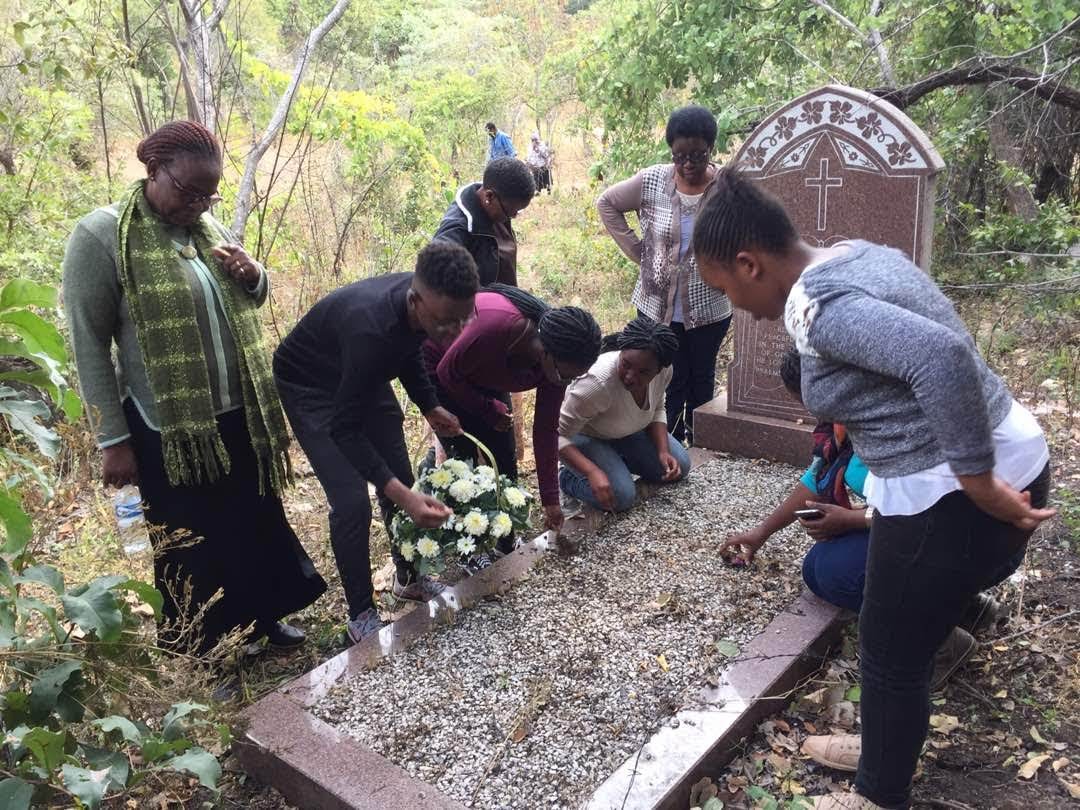
Death & Funerals in Zulu Culture
Zulu Deaths and Funerals
The Zulu people, just like the other Bantu/Nguni tribes, have always lived in communities and have thus developed a sense of coexistence and an inevitable appetite (culture) for socialization over time. Therefore, for this reason, both the birth and death of a community member become the concern for all in the community; there is a deep sense of sympathy and empathy for the bereaved family, which is largely seen as a societal expectation.
As a consequence of these socialization patterns, therefore, Zulu deaths and funerals are community affairs in which the whole community feels the grief of the bereaved and shares in it. Traditionally, every member of the community/ society has a role or part to play in the preparations for the funeral and the actual day of burial. These roles and responsibilities are usually defined in terms of age, gender, and even social standing. For example, household chores like cooking, collecting water and firewood will be done by the women with the help of young girls, while men, with the help of young boys, will be involved in slaughtering the animals, digging the grave, and in the olden days even preparing the animal hide for burial purposes.
Headmen or royalty and other high-profile members of the community, including the elderly, will be involved primarily in counseling and other ‘sensitive’ duties like preparing the deceased for burial and drawing up the funeral program with the help of the family members.
It is also important to note that Zulu funerals and burials differ in whether the deceased is an infant/child, chief, or just an ordinary member of the community.
Death of King
Kings are generally buried in the early morning hours and are said to be ‘planted’ as opposed to being buried. According to Pumza Fihlani of BBC, reporting on the occasion of the passing of King Zwelithini recently, ‘they use the Zulu term “ukutshalwa,” a loose translation of “planting” – to imply this is not the end of his influence on the people he ruled for more than five decades’ (Fihlani, P. as posted on 18 March 2021). It is also worth noting that the burial site of a Zulu king remains a secret as a limited number of royals attend the burial.
Burial of infants
Infants are buried within 24 hours of their passing and were traditionally buried inside clay pots instead of caskets. The proceedings are also attended by a limited number of elderly family members.
The purpose of the activities preceding the funeral is to comfort, encourage, and heal those who are hurting and ultimately prepare them for the day of the burial. This is further proof that there has always been some form of counseling for the bereaved family or person for the Zulu people. The idea is also that the attendees must feast and celebrate to wish the deceased a good journey to abaphansi (deceased relatives). The celebrations are also seen as a way of ‘taking their deceased halfway to the ancestral land where they will also join other family members who died before them.
Zulu people believe that their deceased loved ones are their ancestors and are highly respected. When a person dies, it is believed that they are going to their family members who had also died, that they will be together and watch over those who are still alive. Some people believe that ancestors are the middle people between them and God and that they work hand in hand with God. Zulu people respect ancestors and believe that they should obey their ancestors for things to go well in everyday life, as they are closer to God.
The deceased are treated with much respect, and depending on seniority and affordability, the bodies are usually wrapped in cowhide.
The deceased are taken in the coffin/casket back to their family home, and the mourners will file past the coffin paying their respects.
Usually, the women do not go near the graveside, and there is a demarcated area within which they have to sit. This is primarily to guard against any possibility of one of them fainting and falling into the grave, an event that will be adjudged to be an omen for bad luck.
The departed are not buried in municipal cemeteries but have their dedicated burial sites, known as Bhekabezayo. These are usually on the land near their homes.
They believe when one dies, you are “going home” to where you belong, and when going home, you need respect, dignity, and a proper burial. It is thought to be a curse for any individual to be cremated.
